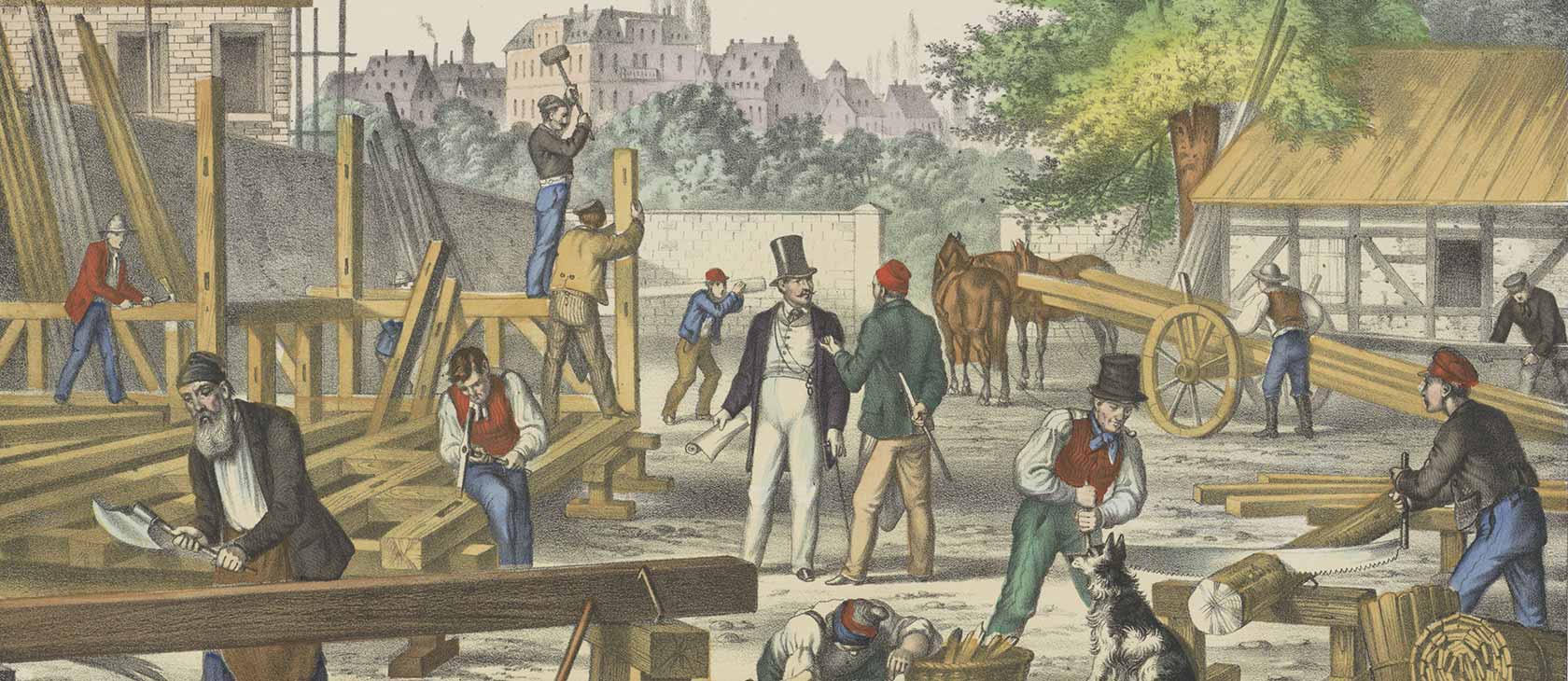"The moral foundation of political economy,” to use Lord Acton’s phrase, rests on the connection of liberty with right, of right with duty, of duty with leisure and delight, and of all with transcendence.
Our most unsettling economic problems are actually not economic but moral — moral ones that cannot be simply passed on from generation to generation. They need to be chosen and internalized by each person in each generation at the risk of deflecting material goods from their proper purposes.
Work, likewise, is not exclusively for its own sake. Rather work, while being an expression of human dignity and concrete accomplishment, aims at a product, aims at the material well-being in which something more than work can happen. The basis of culture, as Josef Pieper wrote in a famous thesis, is not only work but also leisure that lies beyond work. We work in order to have leisure, not the other way around.
Our most unsettling economic problems are actually not economic but moral
Pope John Paul II spoke of work and the primacy of the worker with his needs and those of his family over some impersonal economic system. Yet the need of work implies a system in which work is normal and possible. The purpose of work is not just to work, even though the fact that we have craft and artistic powers as constitutive in our nature indicates that we ought to work in and improve the world. We are not only to make the world capable of providing for us but also to make things elegant and noble. The world is not a parsimonious place, in spite of the dogmas of the ecologists.
When Aristotle talked of commutative justice, he indicated that its immediate object fell into two general areas. The first had to do with restoring the damages that we do to others by accidents or deliberate fault. The second, the one that is important here, is that this form of justice enables us to enter into agreements — binding promises — as Lord Acton said. With these, we can organize the future to cause something worthwhile to come into being. In so doing, we gain our livelihood.
The common good is a context for just relationships. Through it, we recognize that an abundance of good things is possible. This prosperity is possible if we keep our contracts. If we permit and encourage all to bring forth their talents in an organized way, they can be offered to others.
Work, genius, and ordinary endeavor ought to become present to others in an exchange whereby everyone does not do the same thing. Everyone in the economy ought to reflect that what he does, in some significant way, is actually worthwhile for the human good taken in its broadest sense. A principal reason for the malfunctioning or non-functioning of economies is precisely the lack of moral, not technical, criteria whereby these desired results are obtained. The “option for the poor” is largely a question of choosing the right system that will enable the poor to become not-poor. Likewise, poverty may also be the result of refusing to embrace the discipline and the ethic whereby what is known can actually come about.
Adam Smith understood the importance of discipline and virtue. Yet, discipline and virtue are not solely ends in themselves. They are in turn oriented to what is beyond them, to what is no longer economic or political. While it is permissible to speak of duty and virtue as goods in themselves, as they are in their own orders, they are themselves ordained to the good to be achieved by work and exchange in pursuance of duty and virtue. Duty and virtue do not consist in simply doing what we want, yet our desire has an ontological basis. Desire is a power directed to what is worthy and good.
We should see in duty not just something we “must” do but also something worth doing because it is good. The highest human purposes for which all the orders of economics and politics exist still need to be consciously recognized and articulated. The kingdom of God, as Augustine taught us, is the end of our being. Without it, we will spend our lives searching for it everywhere but where it is.
This commentary was excerpted from On Christians and Prosperity by James V. Schall.
Read the eulogy: Fr. James V. Schall (1928-2019): Generous heart, towering intellect by Rev. Robert A. Sirico.



